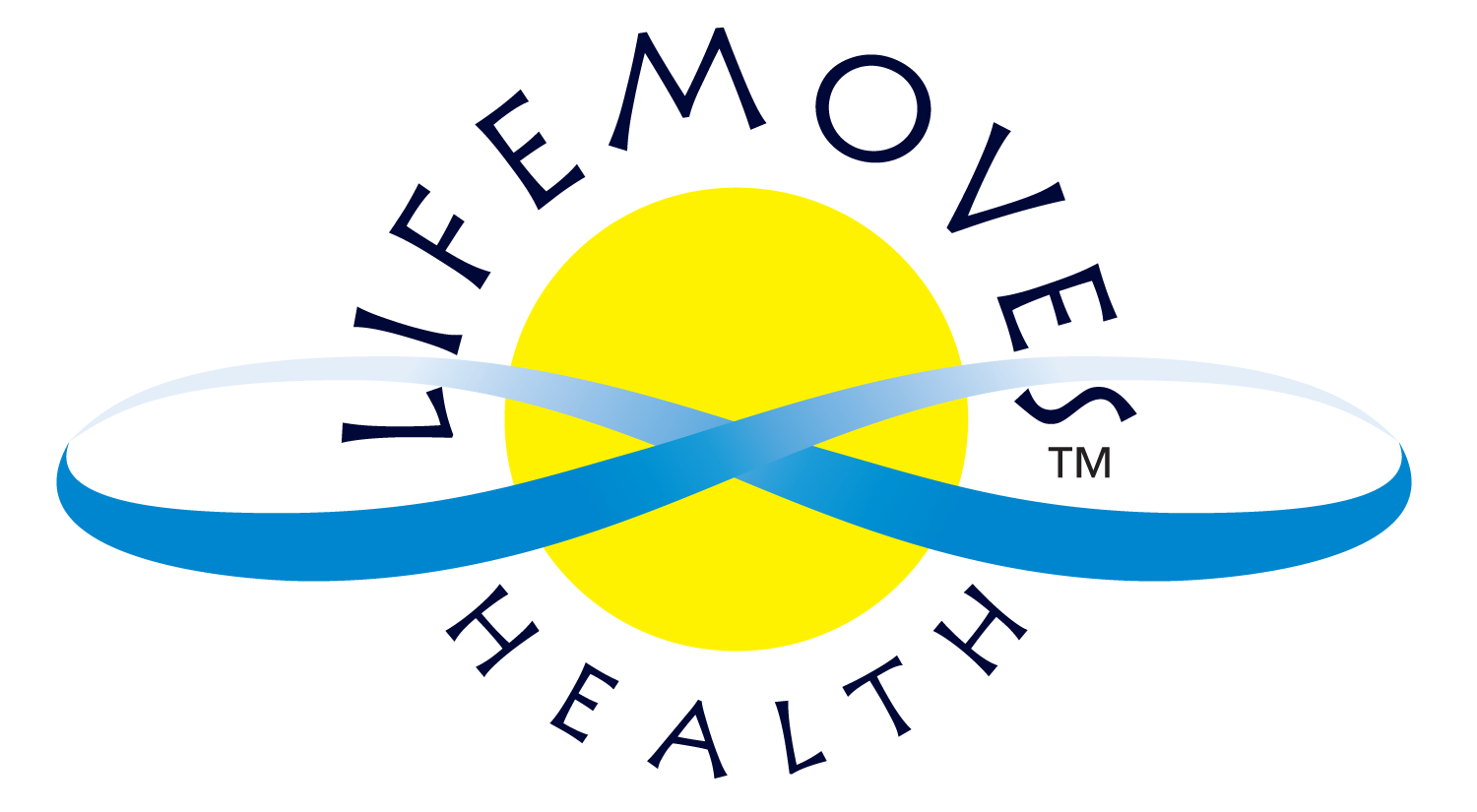Recovering Recovery
Burning bright for too long can lead to burning out
Photo by Jason Goh via Pixabay
Quietly, over the past several months, I’ve started spinning on a regular basis.
I mean spinning as in indoor-cycling-spinning, not mind-whirling-spinning.
It started when a window opened up in my schedule that coincided with a class taught by a talented colleague. As a dancer who thrives on moving in all planes and enjoys variety, I wasn’t sure how long I’d be up for being on a stationary bike for an hour every week, but I thought I’d just start pedaling and see how it went.
It’s been really great. Not that I have the kind of catharsis I can have in a dance class, but great in so many, including unexpected, ways. And I’m learning a lot about the pace at which I want to live my life now.
Tony Robbins has often been quoted for saying, “how you do anything is how you do everything.” I agree that, in some way, our patterns and drivers are at work in all our actions. If we look closely at how we approach something in one area of our lives, it may shed light on what we’re doing in another, seemingly-unrelated, area.
What does all this have to do with cycling in a darkened, windowless room once a week?
First, it’s probably important to start with why I started taking class. I wanted the physical exercise to improve my conditioning (too much sitting at the computer and on planes lately), I wanted to create a reliable, sustainable routine, and I wanted to introduce more elements of simplicity into that routine – all for my own well-being.
Cycling is pretty simple; it’s very straightforward, safe and effective, especially with a good instructor. Class once a week leaves me space to do other kinds of movement and still gives me a strong physical conditioning anchor. So far, I’ve been doing it most weeks since last summer.
When I first started class, my intention was to be kind and supportive to my body (I still have that same intention). I started modestly, and gradually have been increasing my capacity and my effort, as I’m able. My goal has never been to work at an extreme level, but more to challenge myself.
And that is where I noticed something interesting about how I cope with stress and intensity.
By nature, I’m a bit of a saver. Even when I push myself very, very hard, I usually leave a little in reserve. But because I am still aiming to challenge myself and grow, I compensate for what I perceive as “backing off” or not giving it my all.
In other words, I rob my recovery.
This discovery, that has unfolded over the last several months, began with my very first spin class. I was pedaling next to a man who turned out to be one of the most accomplished athletes in the class. Let’s call him Oscar. I noticed that Oscar worked very hard, but during rest intervals, he would take it very easy, sometimes even easier than the instructor’s prompts. He worked and rested at extremes. Sometimes, he stopped pedaling altogether, which seemed sacrilegious, because we were told to keep pedaling in between sprints. At the end of the class, Oscar ranked as one of the top performers. Over time and subsequent classes, he continued to rank as the top performer or in the top three, again and again.
And what was I doing?
I realized that my way of “making up” for not pushing as hard at the intervals was to work longer—into the rest period, or to keep the resistance up after we were told to reduce it. I stayed away from extremes. Why? Because I was worried that if I relaxed too much, I would not summon the additional energy to handle the return to an increase in intensity. Instead of letting up on myself completely, I kept the intensity on and slowed my pedaling a bit.
But that meant I didn’t get a proper rest.
I was saving myself from having to push harder than I actually wanted, but I was mismanaging my energy in the process. I realized that, in my mind, I had negotiated the whole deal with myself: Since I’m working at a somewhat higher intensity even when it’s not required (during dedicated rest or easier periods), I don’t need to push SO hard when the instructor says to “max out.” This way I’m working hard; it is just a different kind of hard.
It sure is a different kind of hard. The recovery portion (a necessary counterbalance component to conditioning) is totally compromised. I was working harder for longer, and not getting the much-needed rest.
Sound familiar?
It got me thinking about where else in my life I’ve been doing the same thing.
So quietly, over the past few weeks, I’ve started challenging myself out of my comfort zone: to take it easy before I have nothing left, and to see what happens when I give myself better rest in the moments where I have the opportunity. My deeper question is still being explored: if I truly rest and recover, when the time comes again to ramp up the intensity, do I poop out or perform at a higher level?
To answer this question, I’ve started experimenting in cycling class, and I’m expanding it out to other areas of my life. Slowly, I’m finding that I can work not only at a different pace, but also at different paces. I can back off and lean in… just not simultaneously.
It’s a long road to pacing myself differently, but I can’t think of a better time of year to practice.

